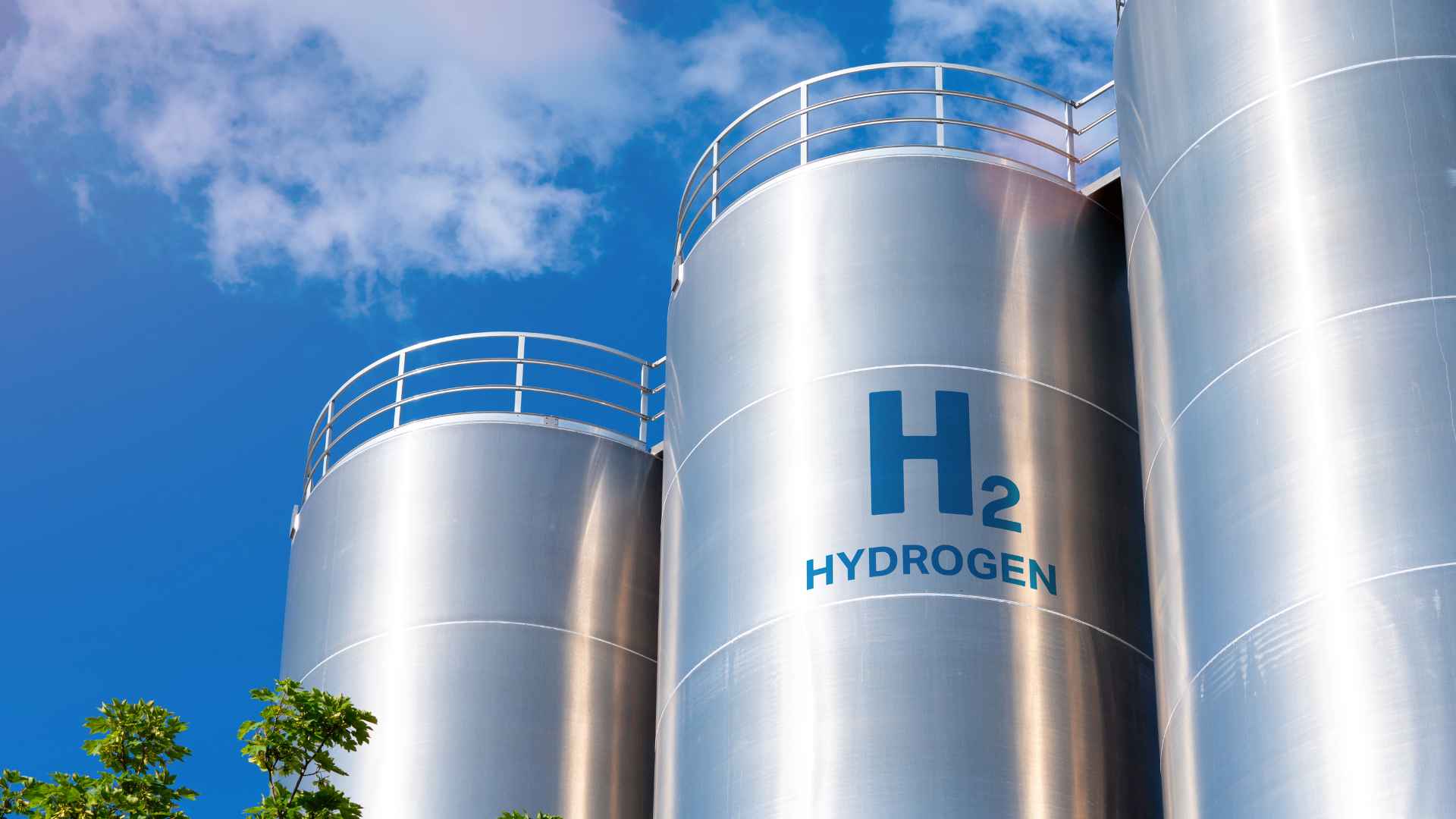BASF commissions 54 MW electrolyser

Designed to produce zero-carbon hydrogen, the electrolyzer has a connected load of 54 megawatts and the capacity to supply the main plant with up to one metric ton of this substantial chemical feedstock every hour. After a construction period of around two years, the plant was officially inaugurated today in the presence of the Rhineland-Palatinate State Minister for Climate Protection, Environment, Energy, and Mobility Katrin Eder, and Udo Philipp, State Secretary at the German Federal Ministry for Economic Affairs and Climate Action.
Built in cooperation with Siemens Energy, the water electrolyzer is embedded in the production and infrastructure at the Ludwigshafen site, making it truly unique in terms of its interface and integration into a chemical production environment. A total of 72 stacks – modules in which the actual electrolysis process takes place – have been installed in the system. The electrolyzer has the potential to reduce greenhouse gas emissions at BASF’s main plant by up to 72,000 metric tons per year.
The emission-free production of hydrogen – using electricity from renewable sources – is fundamental to the market ramp-up of chemical products with a reduced carbon footprint. Once produced, the hydrogen is fed into the site’s hydrogen Verbund network and distributed to the production facilities as a raw material. In addition to using it as a feedstock for chemical products, BASF plans to supply hydrogen for mobility in the Rhine-Neckar Metropolitan Region, supporting the development of a hydrogen economy in the area.

 Log in
Log in
 Search
Search



